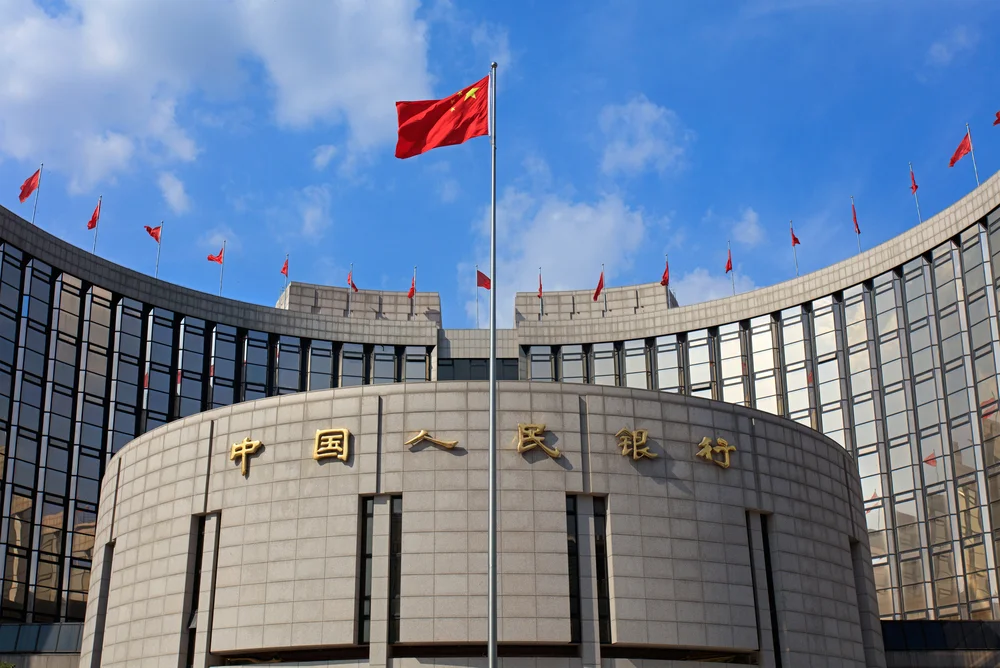The world’s second-largest economy is displaying signs of a rather pronounced deceleration. A notable example is the dramatic drop in the pace of growth in government budget revenues in July compared to June. This development is indicative of the crisis that the real estate sector has fallen into. The Chinese central bank responded to the current situation with an unexpected reduction in interest rates.

Chinese public finances are facing challenges. Fiscal revenues in July rose by only 1.9% year-on-year, whereas the pace in June reached 5.6%.
On the other hand, the decline in public expenditures has slowed down, dropping from a year-on-year 2.5% in June to 0.8% in July.
Consequently, government budgets are moving toward a rather significant imbalance. Total budgetary revenues of the Chinese government for January to July amounted to $1.92 trillion, whereas expenditures already reached $2.1 trillion. In the first seven months, the Chinese government thus operated with a deficit of $180 billion.
Experts consider this a manifestation of the slowdown in China’s economic growth. In light of this, the Chinese central bank (People’s Bank of China – PBOC) unexpectedly lowered the one-year interest rate to support the lending activity of the private sector.
The five-year rate remained unchanged, as the PBOC is concerned about the risk of excessive weakening of the Chinese yuan.
“China likely assessed that the risk of yuan weakening is high, so they preferred to leave the five-year rate at the existing 4.2%,” stated Masayuki Kichikawa, Chief Macro Economist at Sumitomo Mitsui DS Asset Management, in an interview with Reuters.
According to him, currency stability is of utmost importance to Chinese authorities.
Source: Zhou, Westbrook – Reuters